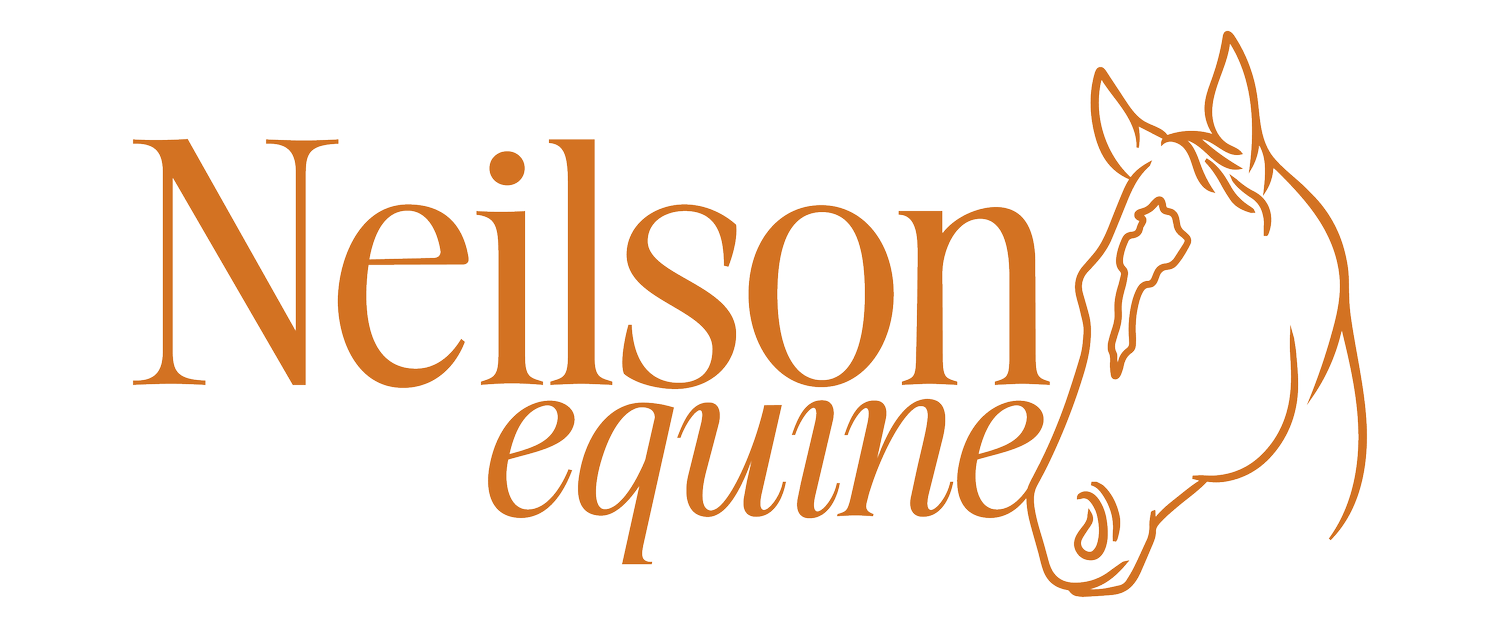Learning Theory
Learning theory is the science behind how animals learn. In the horse world, it’s common for riders and even instructors to overlook the importance of learning the science behind equine behavior and training.
By understanding and applying learning theory in our interactions with horses, we can teach our horses more efficiently while also embracing ethical training practices. This allows horses to be taught in a clear way that helps them understand better and minimizes confusion. This approach leads to calmer, safer, and more relaxed horses.
Operant Conditioning
Operant conditioning is a consequence-based learning process where voluntary behaviors are modified with the addition or removal of an appetitive or aversive stimulus.
Operant Conditioning is divided up into four quadrants:
Positive Reinforcement: The addition of a desirable stimulus to increase a behavior. With horses this is typically a food reward or scratches (if the horse enjoys it).
Negative Reinforcement: The removal of an aversive stimulus to increase the likelihood a behavior will be repeated. In horse training, this is often pressure and release.
Positive Punishment: The addition of an aversive stimulus to extinguish a behavior or decrease the likelihood the behavior will be repeated. An example is hitting a horse that tries to bite.
Negative Punishment: The removal of a desirable stimulus to decrease the likelihood the behavior will be repeated. An example would be if a horse is pushing you for treats, you step away and remove the stimulus until the horse is standing calmly.
Classical Conditioning
A learning process that happens without conscious thought. The learner experiences an automatic response to a specific stimulus. An example of this is Pavlov’s dogs salivating at the sounds of a bell. This is how we teach horses that the marker signal means a reward is coming.
Systematic Desensitization
A learning process that involves slowly introducing a fear provoking stimulus at low intensity levels and only increasing the intensity once the learner is comfortable.
Habituation
A learning process involving repeated exposure to a stimulus that decreases the horses response to it over time.
Management
Management has a large impact on equine behavior. Often, unwanted behaviors are written off as a training problem when they’re really caused by poor management. While some training methods might temporarily stop the problem, it’s more often just a band-aid fix and you’ll see the behavior return, or it will be replaced by another unwanted behavior.
The Three F’s of Equine Welfare
Friends - Horses are highly social herd animals, and it’s vital for them to have interactions with other horses and be able to form those bonds.
Forage - Horses are grazers, and meant to be foraging for most of the day.
Freedoms:
Freedom from hunger and thirst
Freedom from pain, injury and disease
Freedom from distress
Freedom from discomfort
Freedom to express natural behaviors and behave normally


